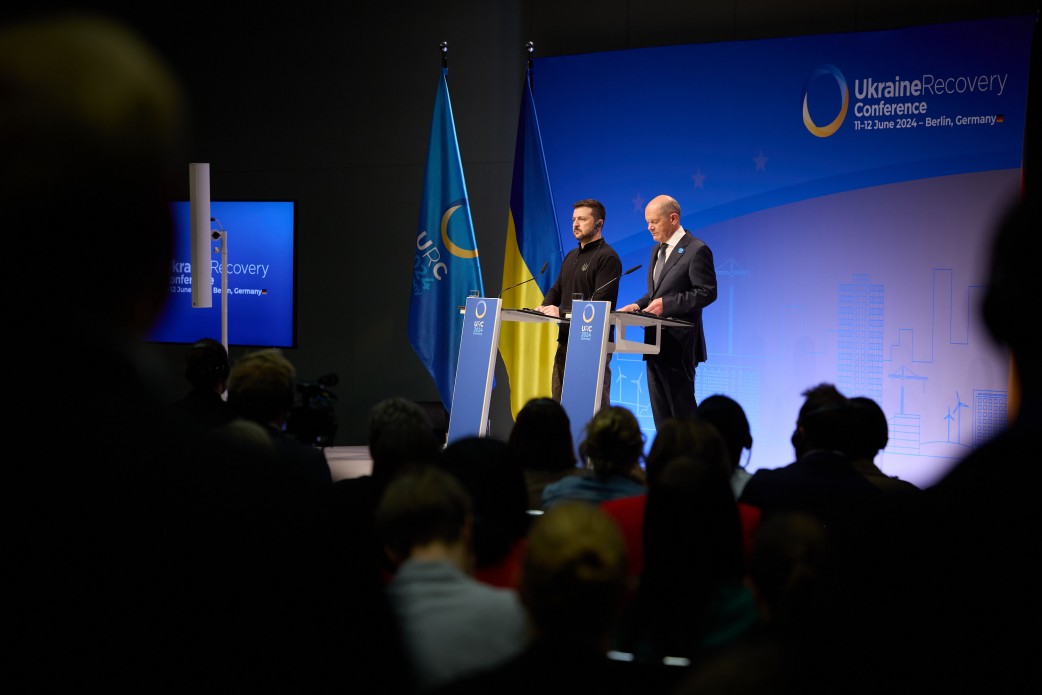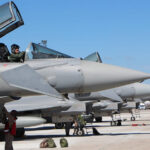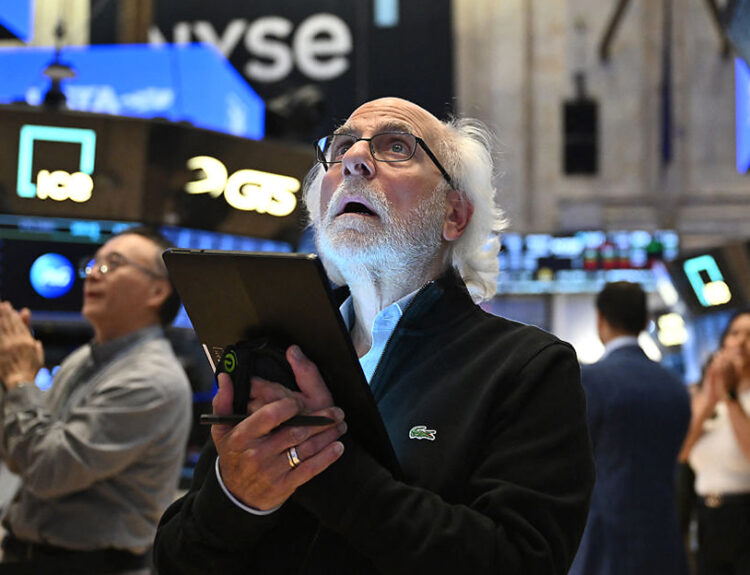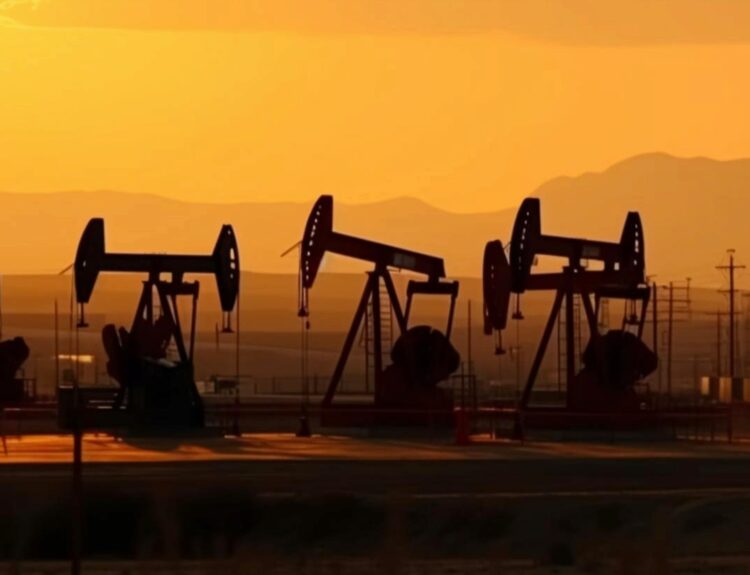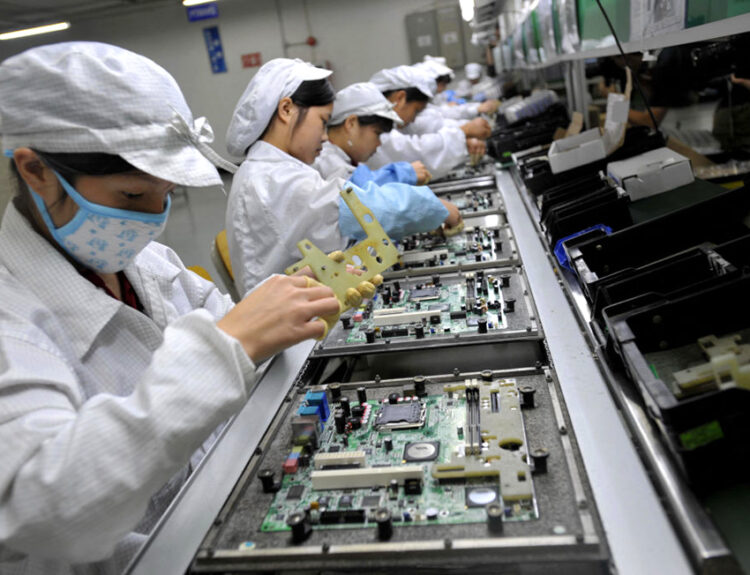The “Ukraine Recovery Conference 2024” took place in Berlin on 11 and 12 June. This event significantly differed from the previous two conferences held in Lugano, Switzerland, in 2022, and London, United Kingdom, in 2023. Two main issues dominated the discussions this year: the reconstruction of Ukraine’s energy sector, which has been devastated by Russian missiles, bombs, and drones, and the enhancement of Ukraine’s defensive capabilities to protect the assets that can be rebuilt in the near future.
The Ukraine Recovery Conference 2024 (URC-2024) was a truly massive gathering. The German government, hosting the event, invited 1,500 representatives from countries supporting Ukraine. Together with Ukrainian participants, the number of attendees significantly exceeded 3,000. The level of representation of key stakeholders was impressive: German Chancellor Olaf Scholz, Ukrainian President Volodymyr Zelensky, European Commission President Ursula von der Leyen, and US Special Representative for Ukraine’s Economic Recovery, Penny Pritzker. Unlike the previous two conferences, the Berlin event saw a remarkably broad representation of Ukrainian municipalities and local communities. Evidently, Ukraine’s principal donors deemed it essential to listen carefully to those directly managing communities and citizens.
The primary focus was on the most pressing issue: the Ukrainian energy sector, which is approximately half-destroyed. This includes both electricity production and heating supply networks. The tragedy of major Ukrainian cities, especially in the east, lies in their exposure to Russian missile, drone, and highly destructive aerial bomb attacks.
A stark example is Kharkiv, a city of almost 1.5 million people. A significant issue inherited from Soviet times is the centralised heating system for large Ukrainian cities. In a city like Kharkiv, heating is primarily supplied by five large energy enterprises, known as combined heat and power plants. As of early June 2024, all these facilities had been destroyed.
While the city can still be partially powered by the national electricity grid, the heating situation is catastrophic. Restoring heating by mid-October, when the cold season begins in Ukraine and temperatures can drop below zero Celsius, is a challenging and extremely costly task.
At the same time, the Ukrainian government insists that without effective air defence systems, rebuilding infrastructure, including the energy sector, makes little sense. Just in the week leading up to the conference, there was a massive missile and drone strike on civilian infrastructure on the night of 7 June. Russia deployed Tu-95MS bombers, launching five Kh-101/Kh-555 air-launched cruise missiles, along with 53 Shahed-131/136 attack drones launched from ground platforms. On the night of 11-12 June, during the conference, Russia attacked civilian infrastructure using an Iskander-M ballistic missile, a Kh-47M2 Kinzhal aero-ballistic missile, and 24 Shahed-131/136 attack drones.
Indeed, Ukraine’s air defence shoots down the majority of Russian attack means, but the frequency of attacks and the number of missiles and drones lead to the gradual destruction of critical infrastructure. The consequences are especially severe for infrastructure in cities near the Russian border and the frontline.
The issue has become so acute that the traditionally cautious German Chancellor Olaf Scholz had to allow Kyiv to use German weapons against military targets in Russia, following a similar decision by the United States. Scholz made this decision after several horrific destructions of civilian facilities in Kharkiv by Russian missiles and aerial bombs.
The Ukraine Recovery Conference 2024, held in Berlin on 11 and 12 June, marked a significant shift in focus from the previous conferences in Lugano and London. Unlike earlier gatherings, which were imbued with hope for a swift end to the war, this year’s conference addressed the following primary tracks: immediate restoration of critical infrastructure, protection of these critical assets, and strategic post-war recovery programmes.
Approximately four-fifths of the attention was devoted to the first two tracks. While post-war recovery was discussed, the focus was more on creating an institutional framework rather than specific projects.
An extraordinary moment occurred when a German official at an economic conference detailed the shortage of air defence missiles needed to protect critical infrastructure in Kharkiv. German Vice Chancellor and Minister for Economic Affairs and Climate Action, Robert Habeck, during a panel discussion on energy at URC-24, was quoted by Interfax-Ukraine: “Two months ago… in Kharkiv, the thermal power plant was attacked by 11 missiles. We saw this on the IRIS-T radar. The air defence system had 7 shots left, and all seven intercepted the missiles, but then we ran out of ammunition. We could have intercepted the remaining missiles, but we had nothing left.”
Habeck urged conference participants to “care not only for repairing Ukraine’s energy system but also for its protection,” by providing the maximum number of air defence systems Ukraine needs.
The best reconstruction and recovery for Ukraine means robust air defence and other weaponry that leave Russia no chance to destroy Ukrainian infrastructure.
By the evening of 12 June, the conference’s outcomes were outlined. German Foreign Office State Secretary Thomas Bagger, at the closing ceremony, announced the initiation of projects across four areas – business, European integration, municipalities, and human capital – totalling over €16 billion.
First Deputy Prime Minister and Minister of Economy of Ukraine, Yulia Svyrydenko, noted at the closing press conference that over 110 business agreements had been signed, and a Business Advisory Council was established to facilitate the attraction of private capital for Ukraine’s reconstruction and recovery.
“Ukraine has signed several agreements aimed at promoting renewable energy sources and supplying gas turbine and gas piston installations. This conference has yielded significant results in the energy sector,” said Svyrydenko, estimating the energy projects at approximately $800 million. She also highlighted progress in military risk insurance, noting that more than 15 credit export agencies worldwide are providing military risk insurance and credit financing for companies. This will alleviate foreign investors’ and partners’ concerns about collaborating with Ukrainian companies and implementing projects in Ukraine.
On the sidelines of URC2024, the Ukraine Investment Framework (Ukraine Facility programme) was launched: Ukraine received 14 agreements from the European Commission, including €1 billion in credit guarantees and €400 million in blended grants. Ukrainian companies signed 14 agreements with international partners totalling over €560 million, covering projects in industry and renewable energy.
Although no specific announcements were made regarding the supply of air defence systems to protect these assets from Russian missiles, it is likely they will follow soon.
Source: The Gaze


